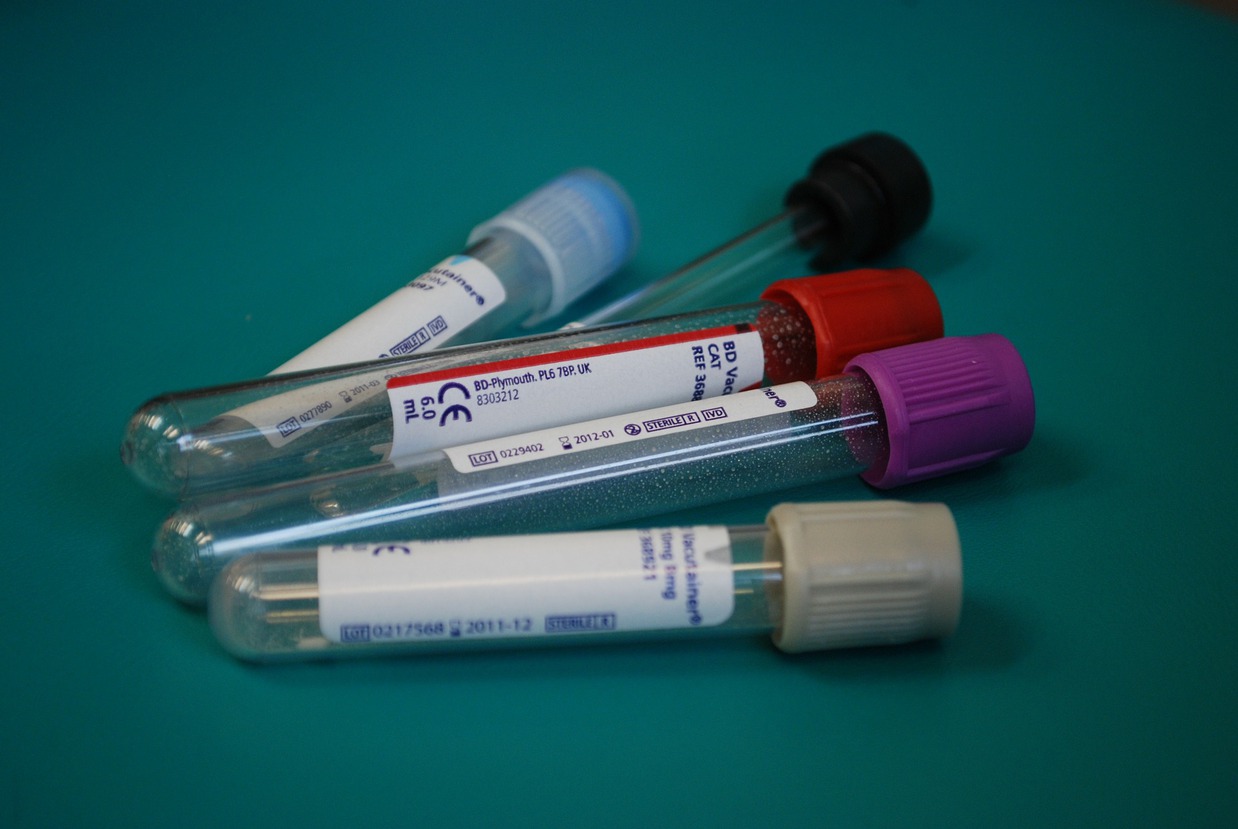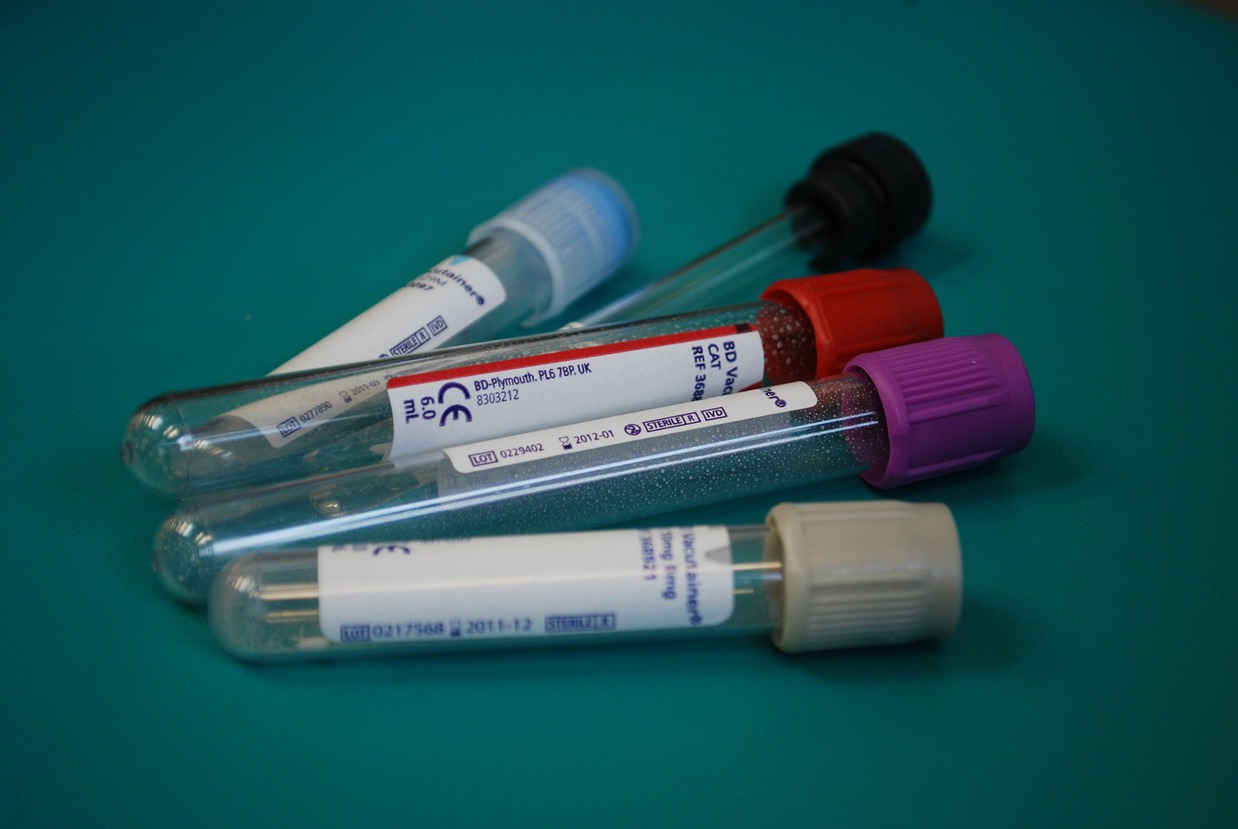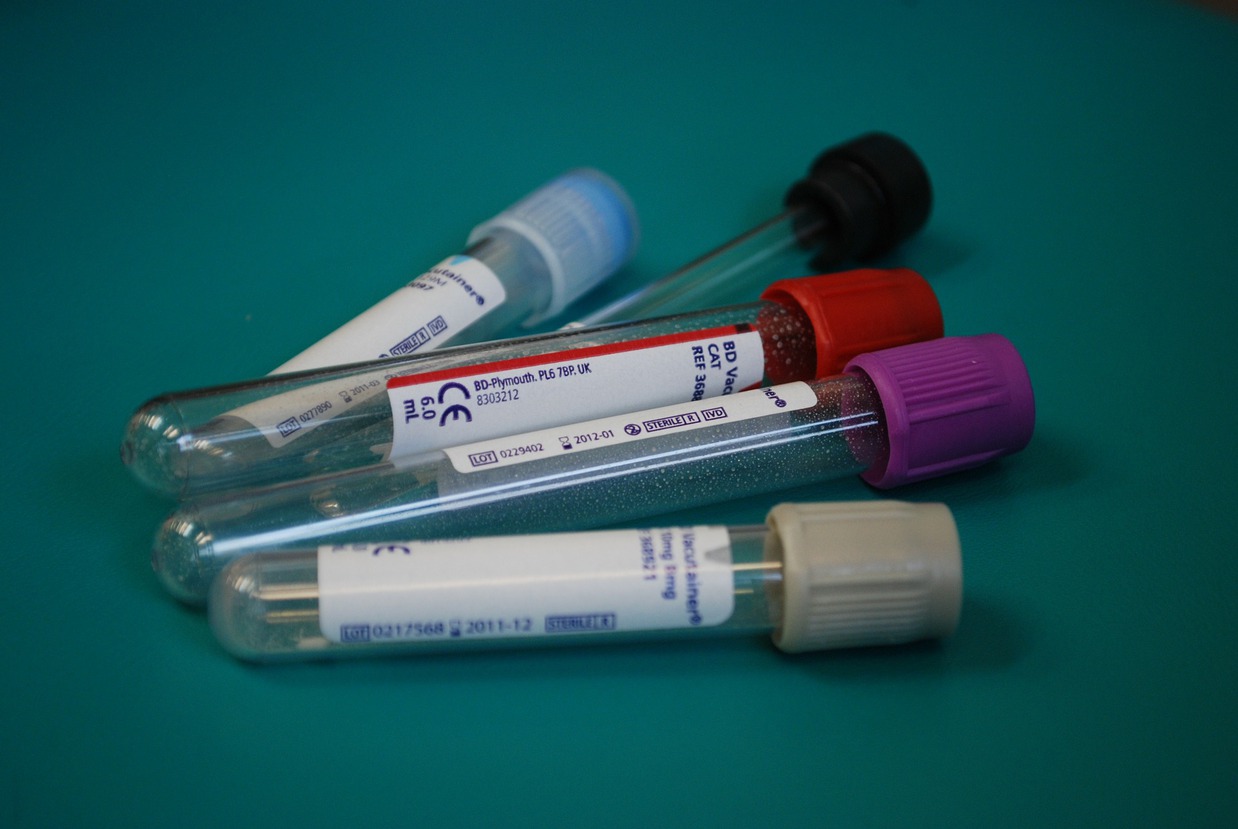
- Posted
- Categories
-
- Policy Insights
Science and Technology Select Committee Follows-Up on Trials Transparency
Last week, the Commons Science and Technology Select Committee convened an inquiry following-up their previous clinical trials transparency efforts. The Select Committee has been very active in the trials transparency space over the past two years. Earlier this year they sent letters to every public university and NHS trust in the UK that sponsors clinical trials on the EU register. These letters reminded sponsors of their trial reporting responsibilities and provided them with reporting performance figures based on data from our EU TrialsTracker.



















